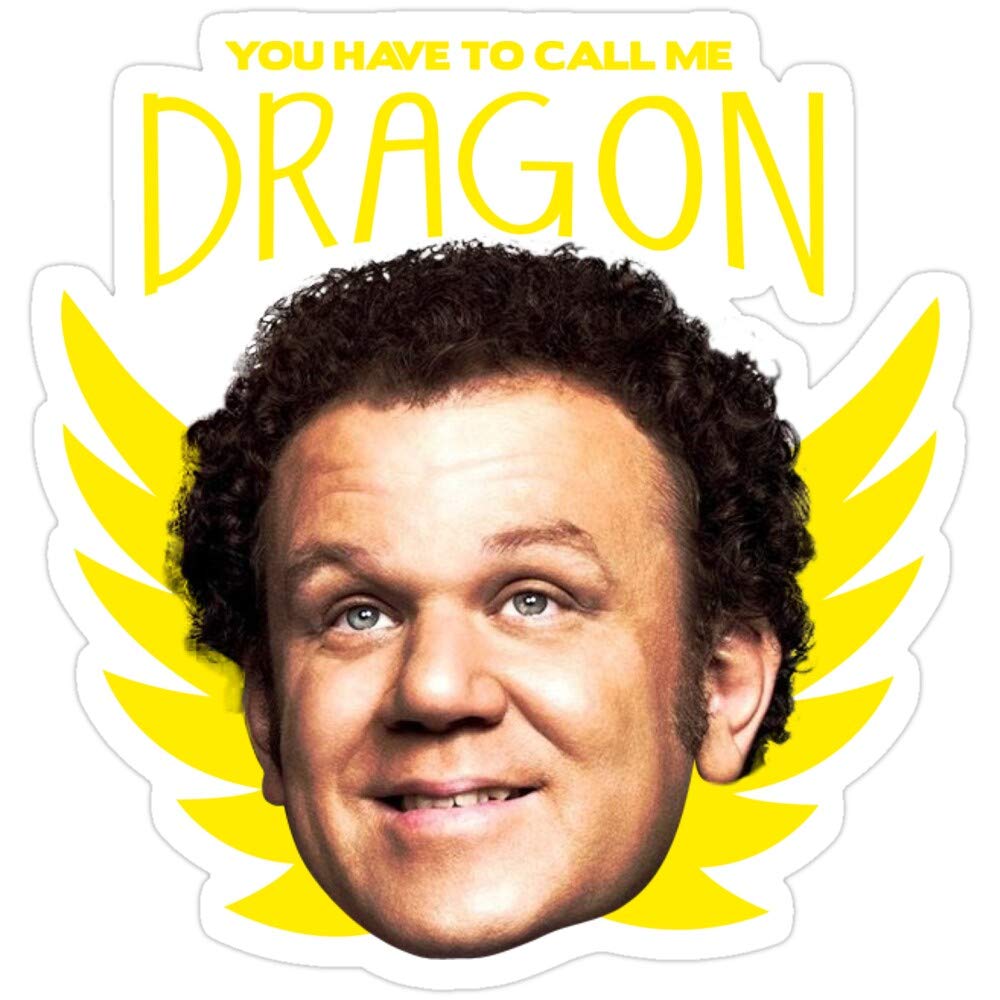In 2007, Canada started requiring all vehicles to have a cheap, effective anti-theft device. The U.S. didn’t. Now, it is paying the price with a surge in Kia and Hyundai thefts.
“In 2005, Transport Canada, a federal agency, decided to do something about it. Starting in 2007, it declared, all passenger vehicles sold in Canada would require an engine immobilizer, a basic anti-theft device that uses an electronic signature in the key to unlock the engine. If the key isn’t present, the car can’t be started. This prevents hot wiring and other old-school, brute force methods of stealing cars.”
Saved you a few min.
Because it allows car makers to save $5 on each car and pass the savings along to their bank accounts.
This is what blows my mind. Like, cars cost tens of thousands of dollars. No one is going to balk at an extra $5 bucks for this feature. If nothing, it’s worth the cost to the manufacturer in PR terms. Now Hyundai/Kia have a bad reputation for car thefts. I’m sure avoiding that would have been worth the $5.
deleted by creator
Congress: Does this regulation cut our wealthy
briber’s“donor’s” taxes?Well no, but it…
Congress: Let us just stop you right there, kindly fuck off. Oh and remember, we’re the thin blue/red line between you and oblivion, so remember to re-elect us you stupid fucking sucker poories.
That would require US politicians to ignore various lobbies (and their $$$) and focus on consumer protections. Don’t see that happening.
It would require politicians to actually do something, literally anything, that wasn’t motivated by money or meta-political pageantry. Far too much to ask.
Why should the government have to mandate anti-theft devices? Surely the manufacturer should do the right thing regardless of legislation. Hyundai/Kia failed here, not the government (for once).
I would think this is a perfect example of why the government has to step in sometimes. Hyundai/Kia failed, and because there’s no regulation in place here, consumers are left holding the bag with no penalty for the corporations.
Agreed. To add, Car loans in the US come standard minimum 60 months, often longer. It’s not a liquid market where consumers can switch easily once they’ve made a buying decision. In my family, we keep cars roughly the same amount of time it takes to rear a newborn to college age. There is very little interaction with “the market”.
A company has only one legal responsibility: To generate as much profit for their shareholders as possible.
If they are not forced to do something that will add costs, they will not do it.
The role of government is to pass laws to force companies to do what is in the best interest of the country’s citizens.
To generate as much profit for their shareholders as possible.
Even that is not really their legal responsibility… if you’re thinking of their fiduciary duty, that means there is a responsibility to act in the best interests of the corporation & shareholders (rather than, eg, putting personal gain forefront). “Best interests” doesn’t necessarily mean “make the most money possible right now”, particularly if it can be argued that there would be long term damage to brand reputation etc by doing so.
You might not think so, but the profit margin on new cars is surprisingly thin. Execs will debate adding features that cost even a tiny amount per vehicle, because those costs add up. You can’t just say “well, fine, make the car more expensive, then” because soon you’ll price yourself out of reach of your target market. Competitors will rush to fill in the vacuum you’ve created, and then you’re screwed.
Manufacturers would cut every corner possible if they could, just to save a few cents per vehicle. That’s why things like safety regulations have to exist. Capitalism is utterly ruthless, amoral, and must always be kept in check. When corporations and money are involved, the “right thing” is not what you and I think it should be. The “right thing” is ALWAYS making more money.
Companies don’t do the right thing out of the kindness of their hearts, especially if doing the right thing hurts the bottom line. They need to be forced.
Capitalism forces companies to do the profitable thing, not the right thing. So let’s abolish capitalism first and then we’ll discuss how people who make cars should do the right thing
I mean… this story is exactly why. Which part of it didn’t you understand?
I mean yes, but also no. Engine immobilization is good, but it’s easily defeated with $40 worth of electronics and a little know-how (which car theft gangs have and is well documented in the news already).
Immobilizers might stop idiots on tiktok but modern vehicles are more electronic than mechanical, and are built with no concept of security so there are plenty of vulnerabilities for dedicated thieves to use.









